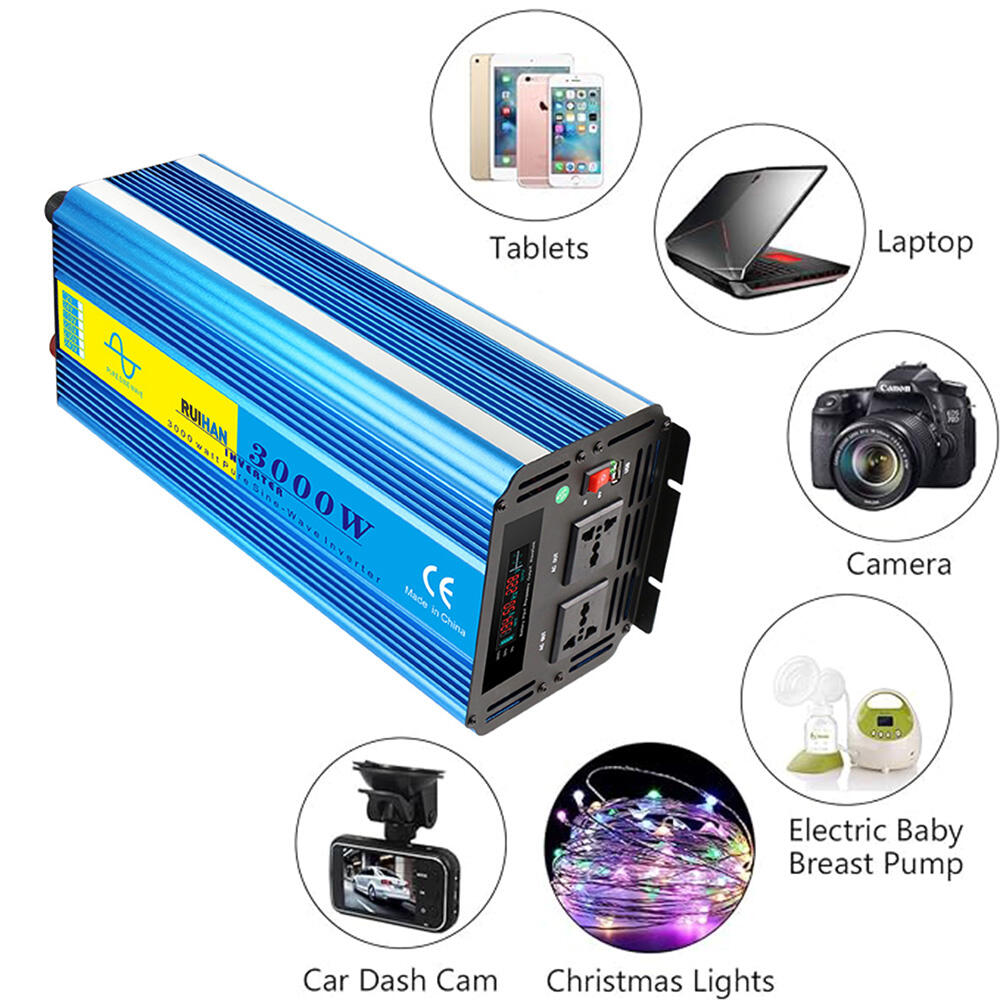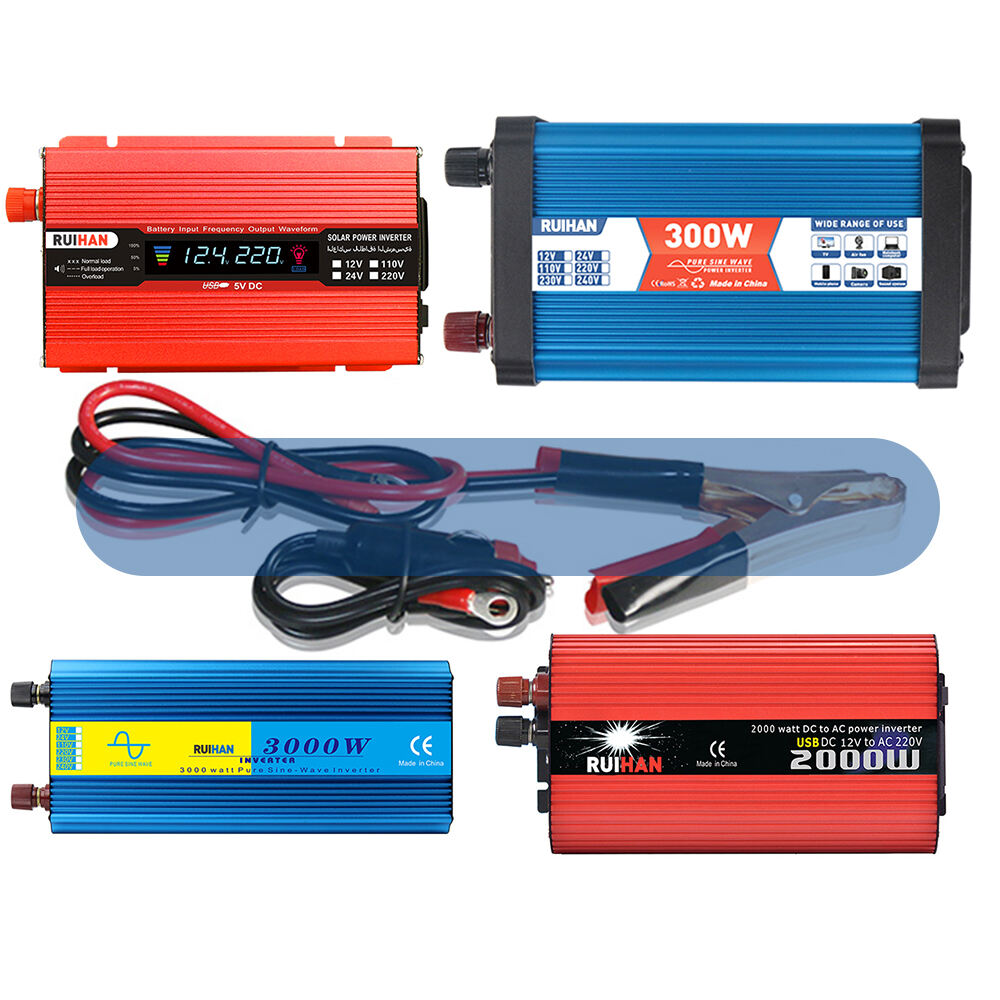Enhanced Mobility and Off - Grid Capability
In vehicles and boats, power inverters play a crucial role in enhancing mobility and off - grid capabilities. They allow users to power devices like laptops, TVs, and kitchen appliances using the vehicle or boat's battery power. For outdoor enthusiasts, campers, and those working in remote locations, power inverters enable access to AC - powered equipment, making it possible to maintain comfort and productivity even without a connection to the electrical grid. This expands the usability of battery - powered systems in diverse environments.

